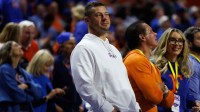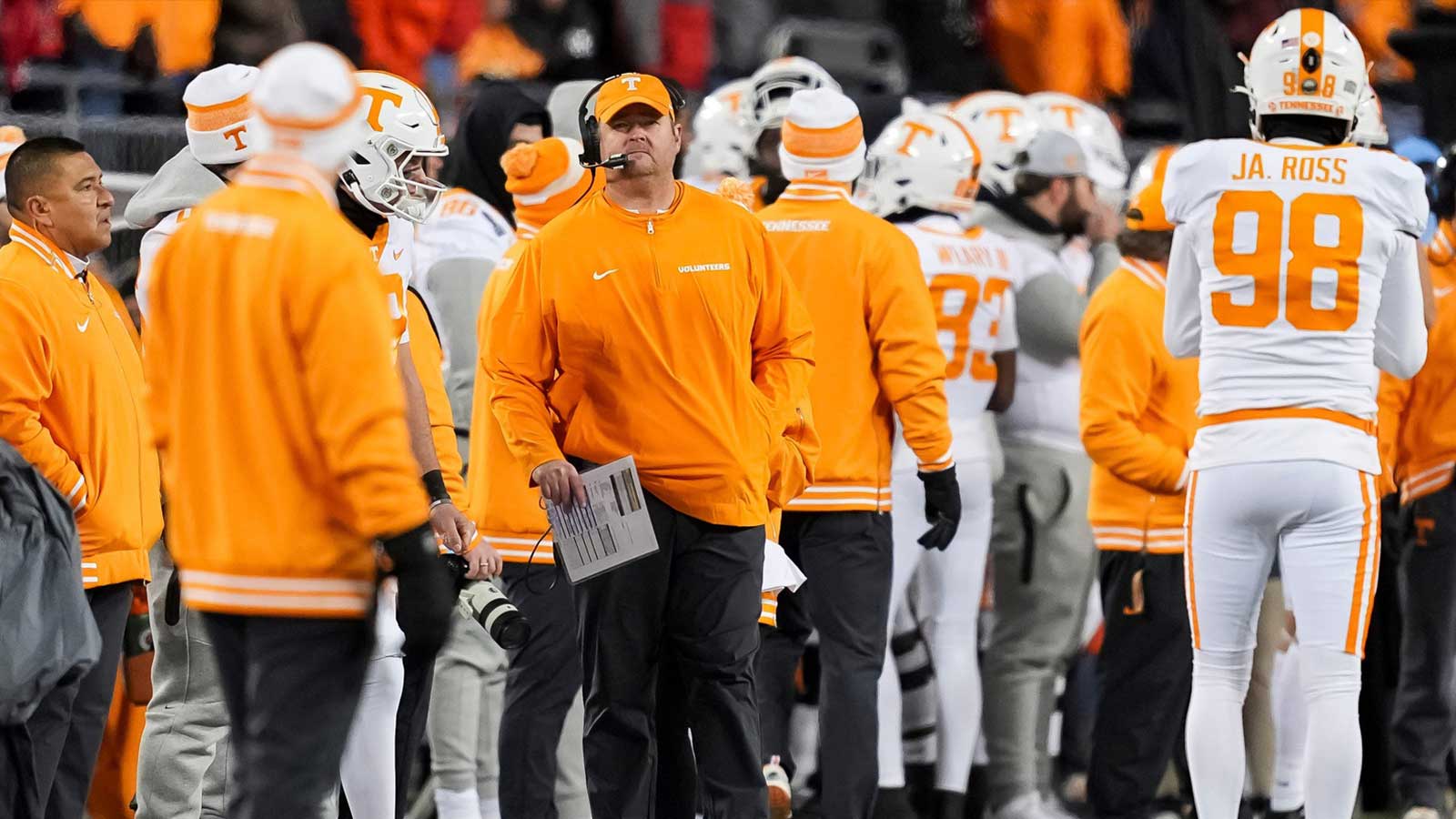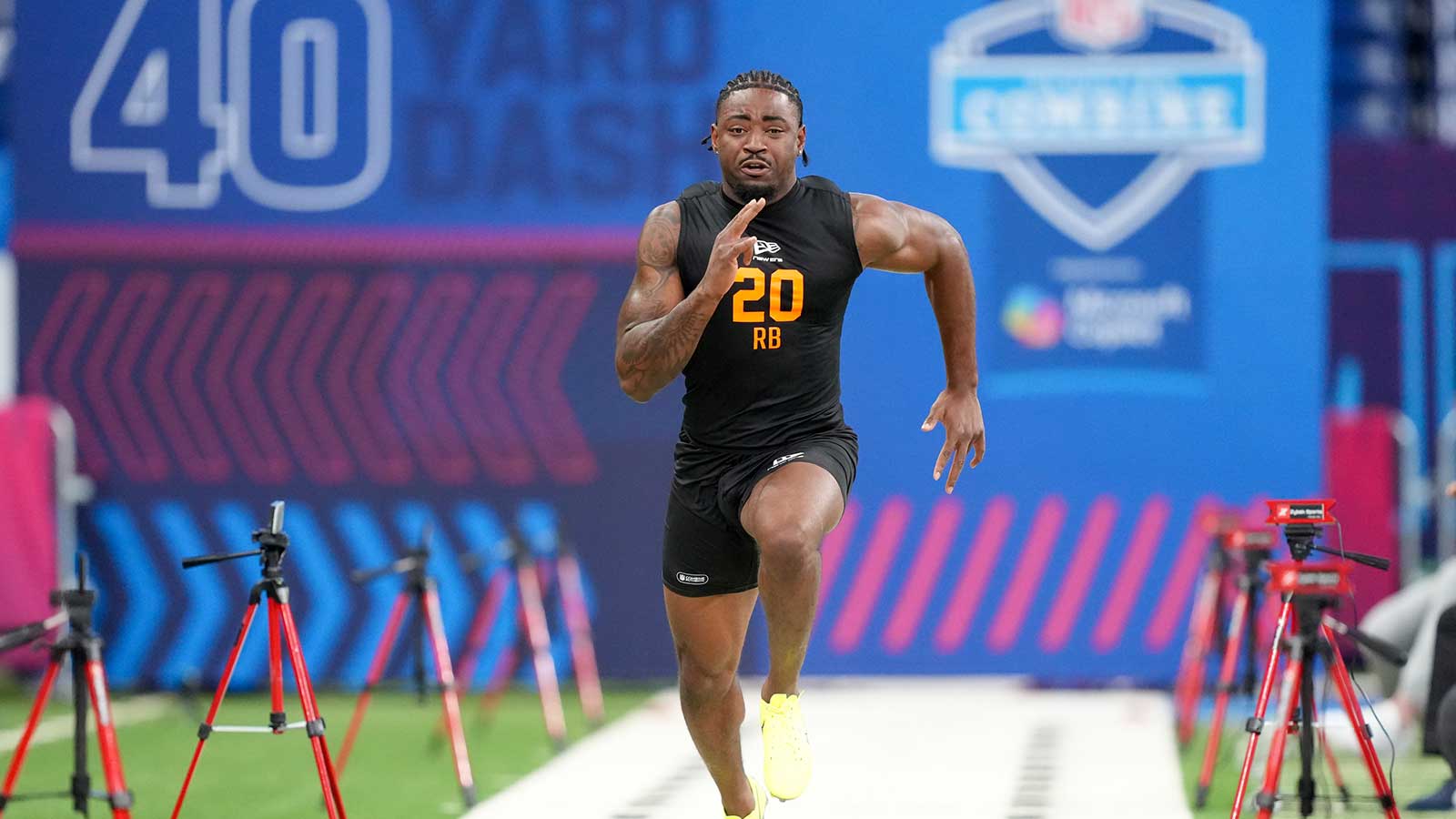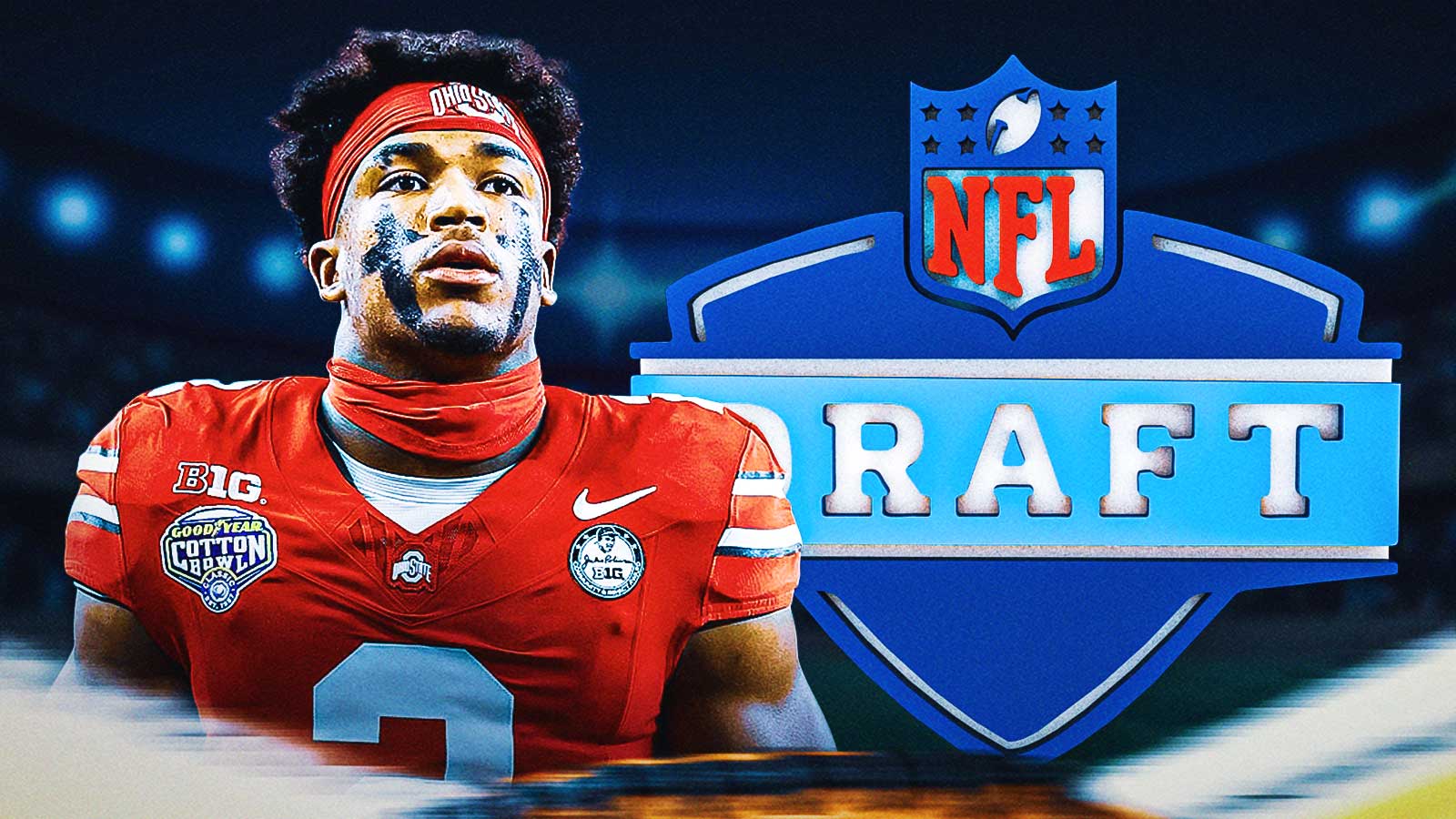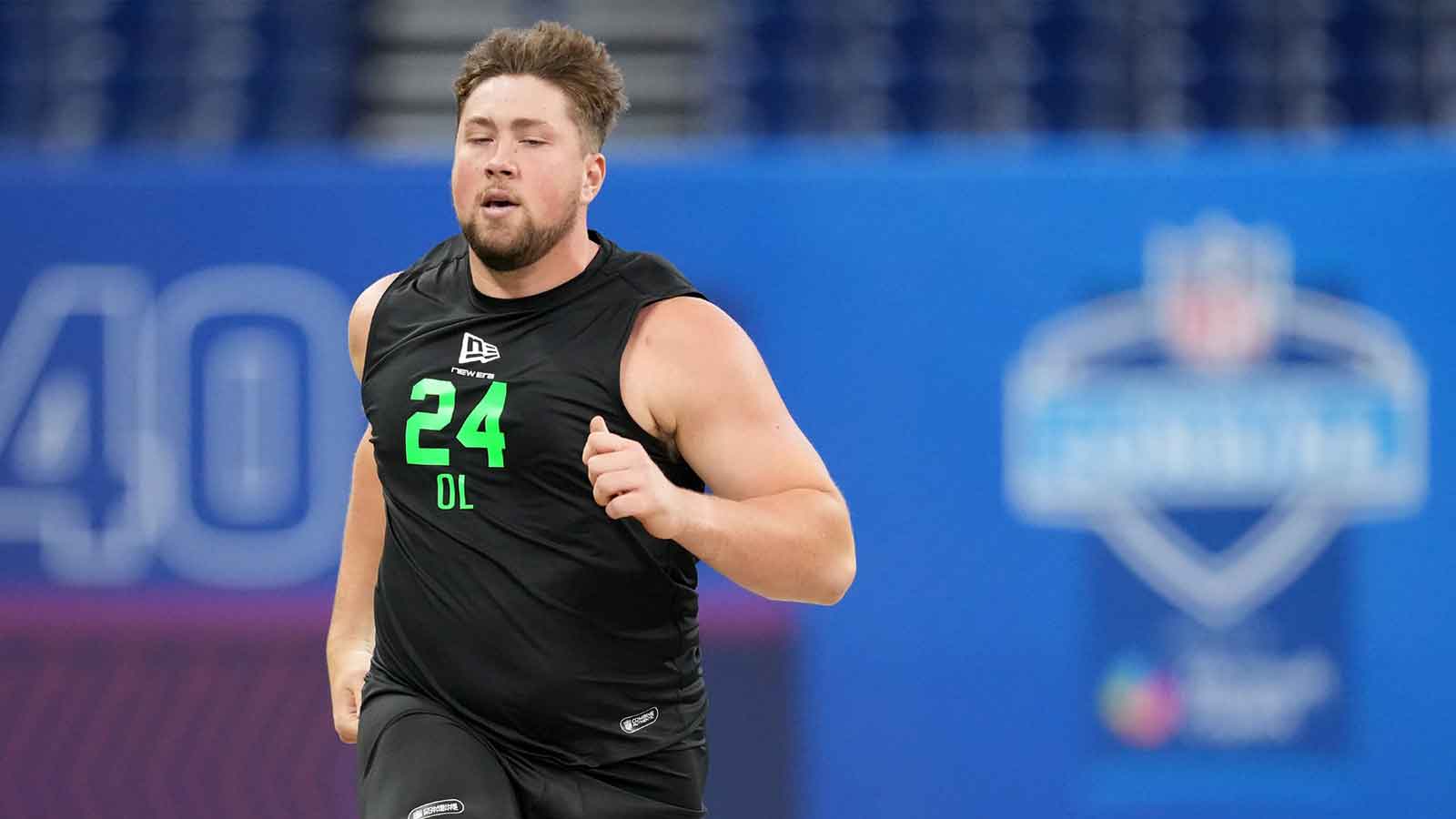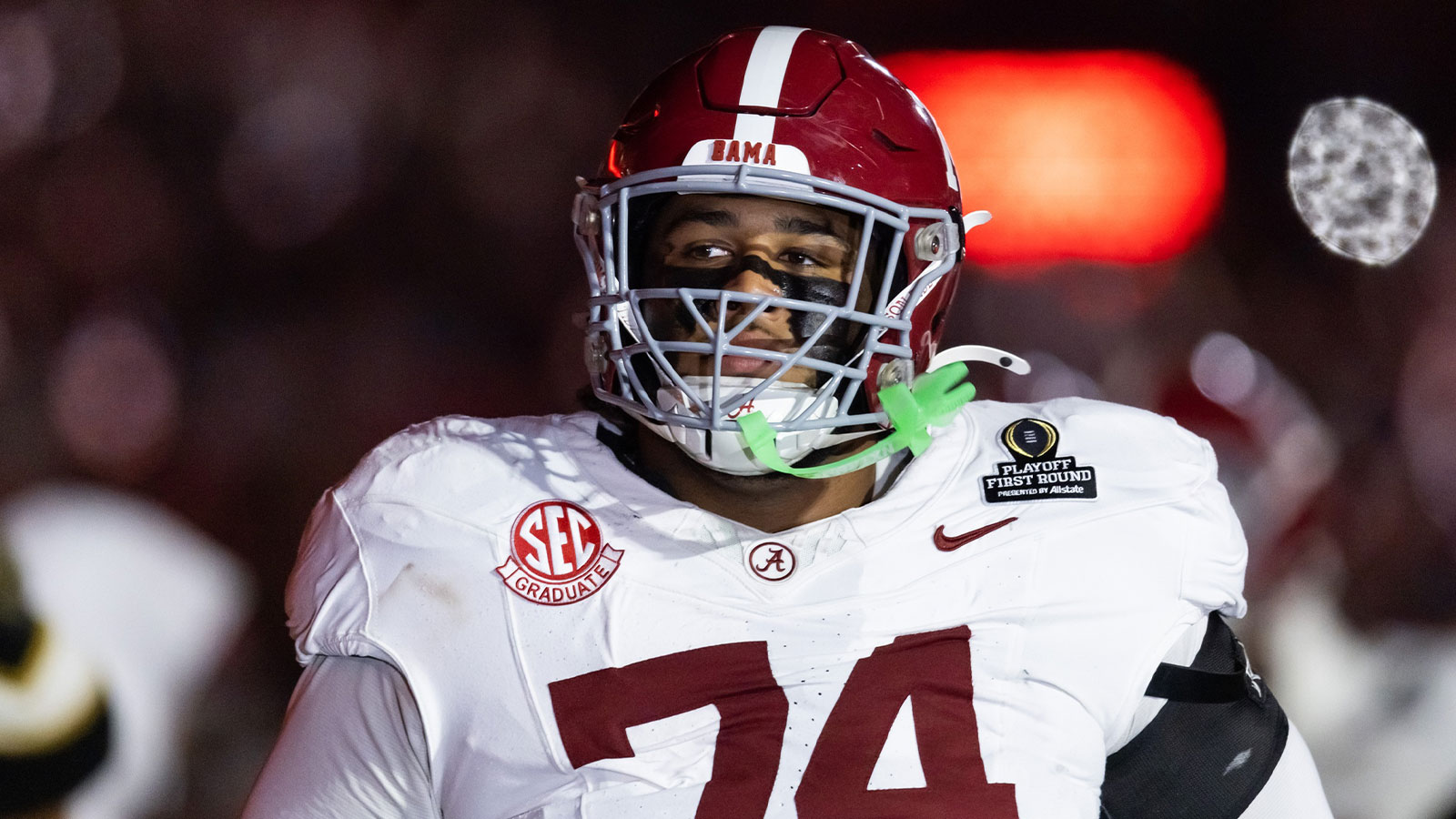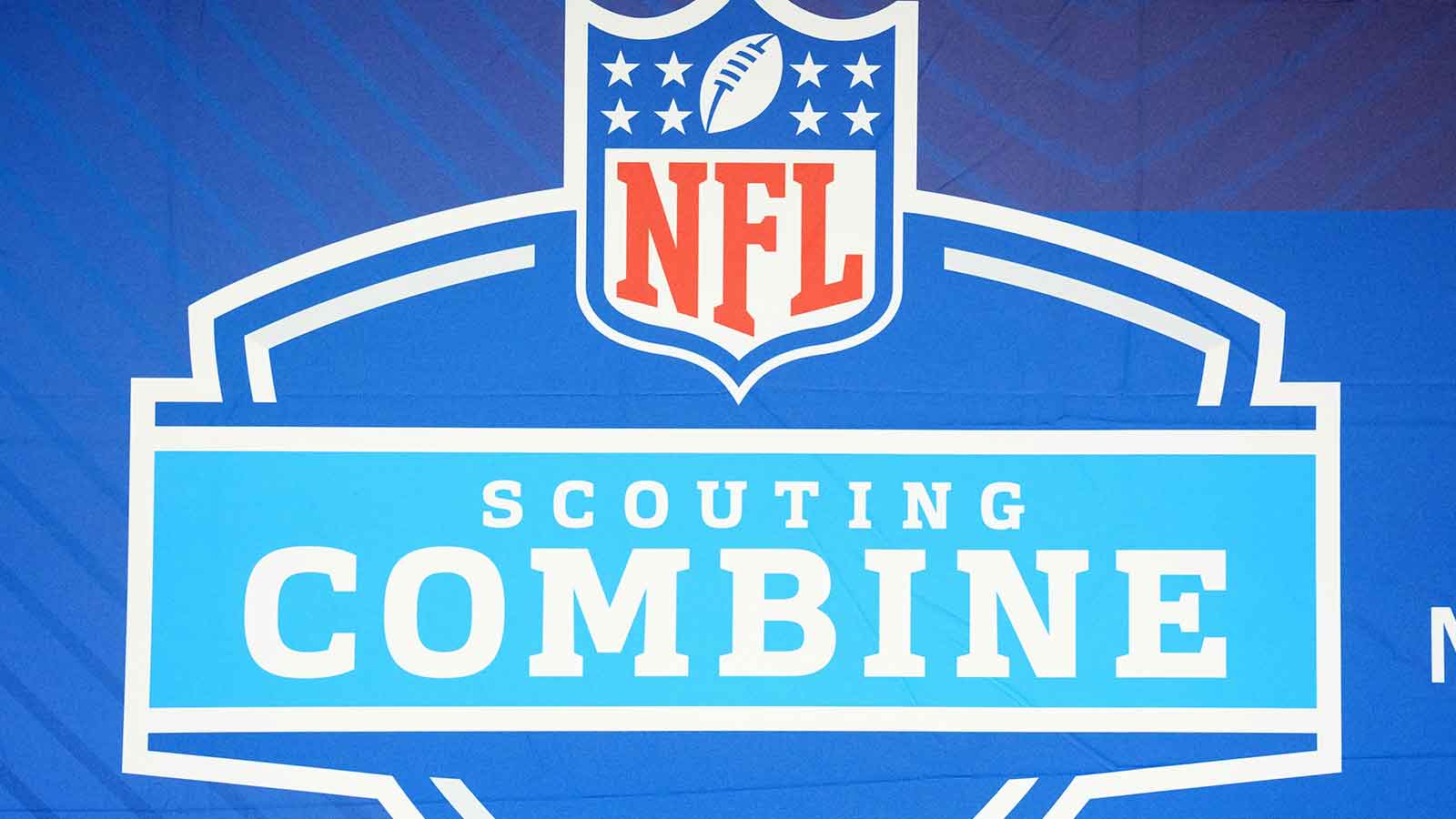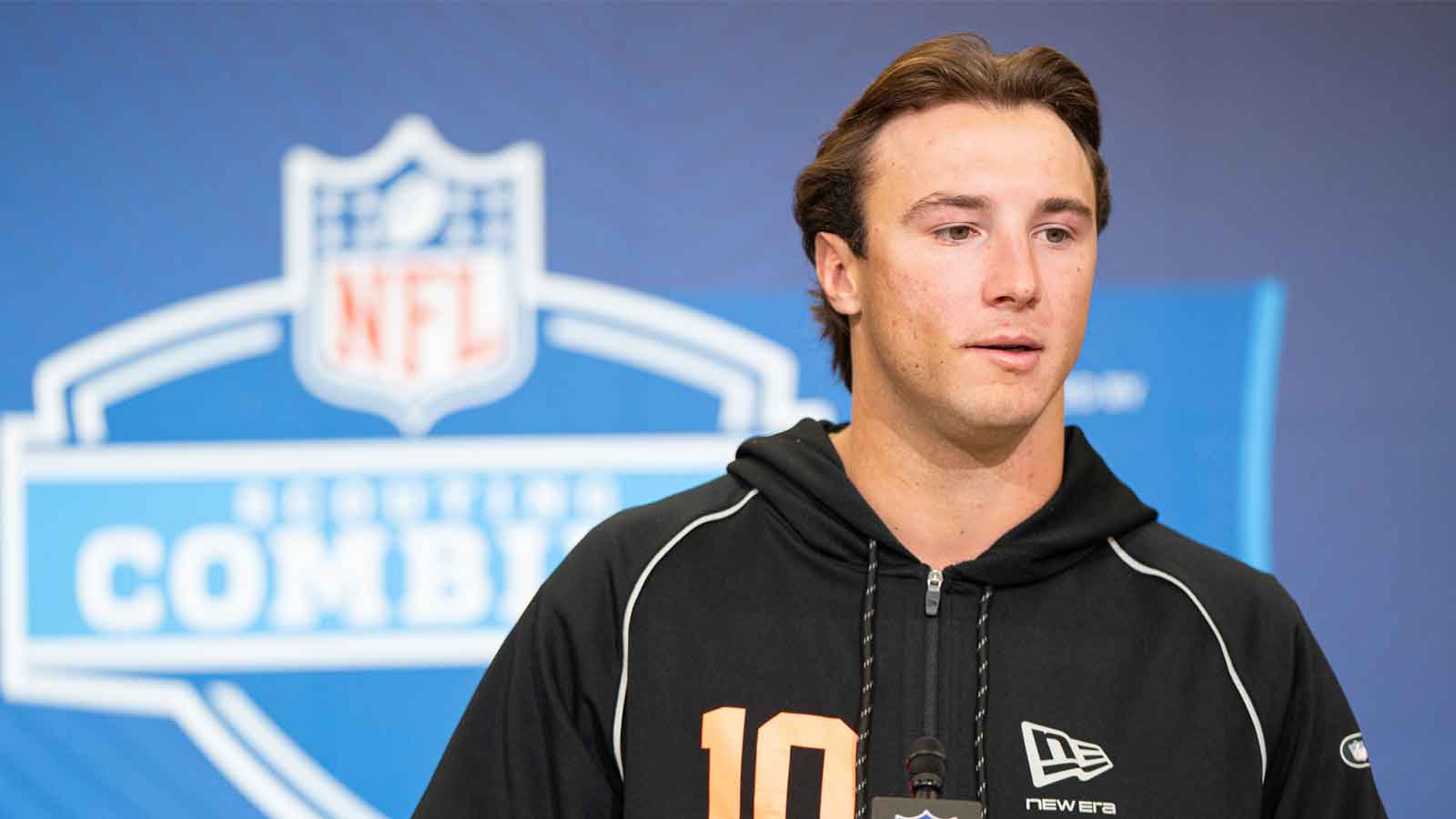The Power 5 conferences agreed to a landmark deal with the NCAA on Thursday that will permit schools to directly pay college athletes.
The NCAA and its conferences are moving forward with a multibillion-dollar agreement to settle three pending federal antitrust cases. The NCAA will pay more than $2.7 billion in damages over the course of 10 years to past and current athletes, according to Dan Murphy and Pete Thamel of ESPN. The sides have also reportedly agreed to a revenue-sharing plan allowing each school to share up to roughly $20 million per year with its athletes.
“The five autonomy conferences and the NCAA agreeing to settlement terms is an important step in the continuing reform of college sports that will provide benefits to student-athletes and provide clarity in college athletics across all divisions for years to come,” NCAA president Charlie Baker and the five power conference commissioners said in a joint statement on Thursday.
“This settlement is also a road map for college sports leaders and Congress to ensure this uniquely American institution can continue to provide unmatched opportunity for millions of students. All of Division I made today's progress possible, and we all have work to do to implement the terms of the agreement as the legal process continues. We look forward to working with our various student-athlete leadership groups to write the next chapter of college sports.”
A series of formulas devised by a sports economist will be used to decide how to split the $2.7 billion in damages among more than 10,000 former and current NCAA athletes. Some money will be split evenly among all members of the group, but other parts will be allocated based on the athlete's market value.
The settlement terms provide a 10-year window to fully pay out the $2.7 billion. Each player in the class will get an annual check worth 10% of the money they are owed. He said Wilken will approve how much money will go toward attorneys' fees.
Ruling comes three years after NCAA's NIL ruling
On June 30, 2021, The NCAA Board of Directors approved a dramatic, albeit interim, revision to the NCAA’s long-standing policy against student-athletes earning compensation. That ruling stated that student-athletes may receive compensation for the use of their name, image, and likeness (NIL), subject to compliance with applicable state law and other requirements (e.g., schools couldn't yet compensate student-athletes for performance or recruitment – so-called “pay-for-play”).
While this revision was presented as “temporary,” it may have been the NCAA’s only viable remaining option while it waited for Congress to establish a nationwide NIL framework.
This departure from the NCAA’s prior position regarding “amateurism” was issued in response to the June 21, 2021, 9-0 Supreme Court ruling in NCAA vs. Alston et al. which essentially held that NCAA rules limiting the education-related benefits that schools may make available to student-athletes are anti-competitive horizontal restraints of trade; and the enactment of NIL laws in several states that went into effect July 1, 2021, and that are in direct conflict with the NCAA’s previous policy.

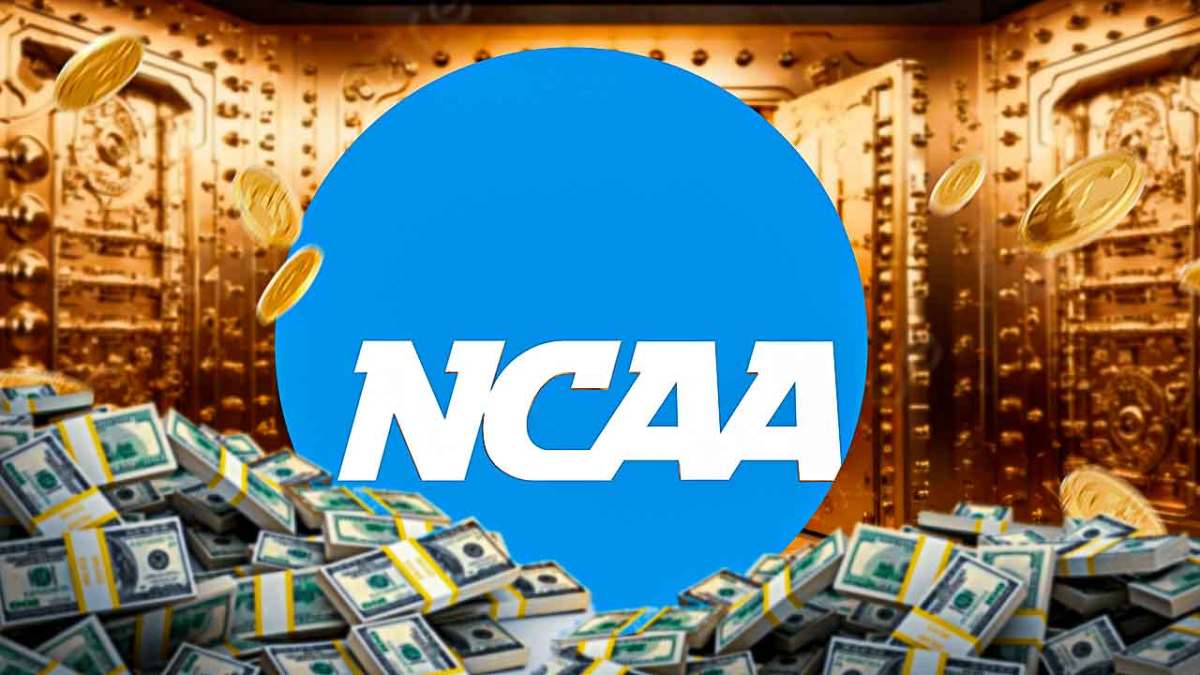


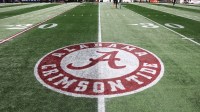
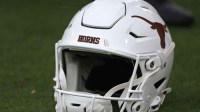
![New Gator head football coach Jon Sumrall fires up the crowd during the first half an NCAA basketball game at Steven C. O'Connell Center Exactek arena in Gainesville, FL on Saturday, January 24, 2026. Auburn won 76-67 [Alan Youngblood/Gainesville Sun]](https://wp.clutchpoints.com/wp-content/uploads/2026/03/Jon-Sumrall-on-Jan-24-2026.jpg?w=200&quality=90)
